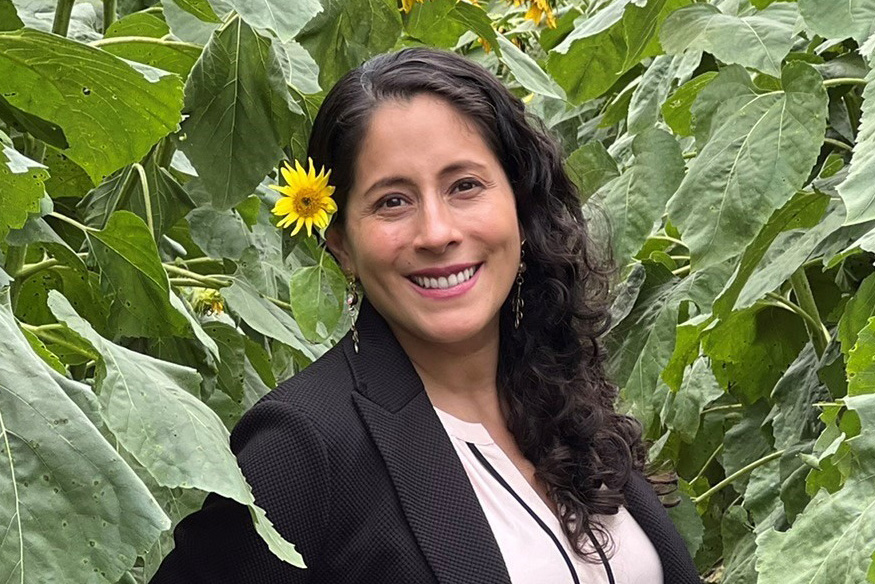Adriana Rojas
(she/her/ella)
Ecuadorian, Colombian, Bilingual, Cisgender, Working Mother

Bio
When assessing where your organization’s culture currently is and dreaming of where it could be, it helps to have a partner with experience across industries, sectors and companies to make that dream a reality. With more than seventeen years’ experience in cultural competence training and organizational change, Dr. Adriana Rojas has seen it all and she brings that perspective to her role as a Consultant at Be Equitable. Adriana partners with C-Suite, senior leaders, and Boards to understand IDEA and identify and develop behaviors and language needed to drive change within their organizations. When you work with Adriana you’ll see her shine across a number of areas, but she’ll be your partner in forming a comprehensive assessment and strategy. Her specialties: Hispanics in the workplace, intercultural communication, bias awareness and mitigation, race equity and allyship, leadership training, mentorship, cultural competency training, and conflict management. Before she began helping companies create more equitable and inclusive cultures, she was a tenured professor and academic program director. One thing that has been constant throughout her career? Her unwavering passion for crafting educational experiences that foster intercultural communication and relationship building.
Infrequently Asked Questions
What’s something people don’t know about you?
My parents gave me the best gifts in the world: a second language and an understanding of two more cultural contexts to pass on to my daughters. I learned both Ecuadorian and Colombian varieties of Spanish as well as various cultural systems simultaneously. I use all fluidly and feel comfortable switching back and forth to express myself. Así soy yo.
Do you think people can really change?
I used to go into conversations believing I could change people. Now, I approach conversations in a different way. I focus on active listening, seeking to understand, and asking clarifying questions. I don’t try to change people. Instead, I want to hear your perspective and then, if you are ok with it, offer you another way of seeing things and tools to connect better with people you work with.
What are your thoughts on cancel culture? How does it help? How does it harm? What would you like it to look like instead?
Cancel culture makes me want to tear out my hair. When I think about my own journey, the person I was in the 90s and early 2000s is completely different from the person I am today. I have changed the way I think and the way I behave. I would prefer to be called in than cancelled. Meaning, I would rather someone speak directly with me about the impact of my words and actions; I would like an opportunity to do better.
Follow the below link to access the deck of Infrequently Asked Question cards.